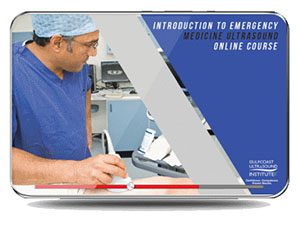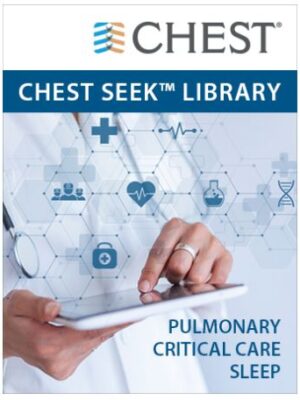No products in the cart.
Internal Medicine, Oncology-Hematology
3rd International Symposium on Biology, Prevention, and Treatment of Toxicities After Transplantation and Cellular Therapy – On Demand
$45.00
Specialties
Specialties – Bone Marrow Transplant, Cellular Therapeutics, Critical Care, Hematology, Immunotherapy, Infectious Diseases, Internal Medicine, Medical Oncology, Pulmonary Medicine, Solid Tumor Oncology
Overview
This 3rd international Symposium brings together a diverse group of experts and thought leaders in the fields of HCT, cellular therapies, and related medical subspecialties. Speakers discuss current advances in the field, mechanisms of toxicities, symptom burden, and late effects after HCT and cellular therapies along with best practices to prevent and treat these complications.
This unique program includes sessions dedicated to a wide range of pre-clinical, translational, and clinical topics, including cellular therapies as a model of accelerated aging, CAR T cell-related toxicities, infectious complications, decision science, the role of the gut microbiome in toxicities, debates on how to diagnose and treat difficult complications such as transplant-associated thrombotic microangiopathy, and several keynote lectures from leading experts.
On Demand Content and Access
This on demand contains 20+ recorded lectures and panel discussions along with PDF versions of the speakers’ slides. Select the ‘Register‘ tab at the top of this page to purchase this on demand Symposium. Once you have successfully registered, access to the course materials will be available under the ‘Course Content‘ tab.
View the brochure from the 2023 live Symposium for a complete list of PDFs and select recorded lectures.
Objectives
Identify the mechanisms of the most common treatment-related toxicities after HCT and cellular therapy.
Discuss the best practices in the prevention and treatment of toxicities and symptom burden after HCT and cellular therapy.
Collaborate with a multidisciplinary group of colleagues to discuss, brainstorm, and plan future quality improvement and research efforts to reduce toxicities, improve the patient experience, and decrease non-relapse mortality.





